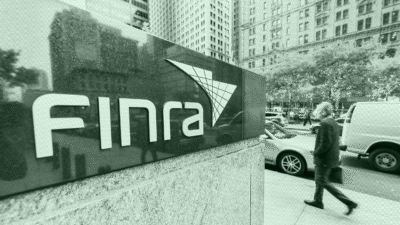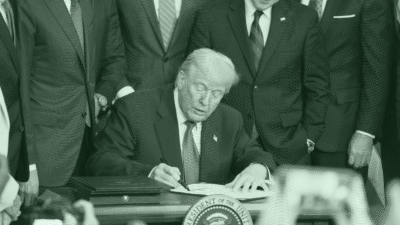What Ken Fisher’s Nearly $13B Valuation Means for RIAs
The eye popping private-equity deal for famed Fisher Investments is a boon for financial advisors.

Sign up for market insights, wealth management practice essentials and industry updates.
Private equity firms are jonesing for a book.
Last week, Fisher Investments landed an approximate $3 billion PE deal to sell a minority stake to Advent and the Abu Dhabi Investment Authority at a reported mouth-watering multiple of 20-times earnings. The blockbuster agreement valued the Texas-based RIA at almost $13 billion, making it one of the most-talked-about — and lucrative — transactions of the year.
The news shocked analysts and propelled 73-year-old founder Ken Fisher back onto the Bloomberg Billionaires Index — a ranking of the world’s 500 wealthiest people — with an estimated net worth of about $12.2 billion. Fisher launched the RIA in 1979, and now manages over $275 billion for over 150,000 clients in 16 countries and four continents.
“FI has been my life,” Fisher said in a release. “While my health is excellent, this transaction … will ensure FI’s long-term private independence and culture should anything untoward happen to me.”
It’s also evidence of a super-heated RIA industry and the insatiable appetite PE has for wealth management firms. A Cerulli estimate pegged the opportunity for RIA acquisitions at $3.7 trillion last year. But what does an influx of PE money mean for the industry as a whole — and for the individual clients advisers are trying to serve?
I Love RIAs
PE has been smitten with wealth management — and its books of business — for the better part of a decade. By the end of 2029, the value of wealth management firms globally is projected to top $2.92 trillion, up from $1.85 trillion in 2023, according to a new report. There’s simply no end in sight.
“Private equity money has been flowing into the wealth management firms rapidly over the past five years,” said industry consultant Carolyn Armitage, who formerly worked with Echelon Partners and as head of large enterprise consulting at LPL Financial. “The impact has created a strategy for consolidating retiring founders’ businesses into a conglomerate with tremendous scale.”
It’s no surprise that PE money is flooding into the wealth management industry:
- PE investments in wealth management firms topped $2 trillion last year, up from just $400 billion in 2022, according to industry data from Echelon Partners.
- There were 30 direct RIA investments by PE firms last year, compared with 27 in 2022. PE firms participated in nearly two-thirds of all recorded deals in 2023.
- In total, 330 deals for wealth management companies are expected this year alone.
Mouth-Watering Multiples
So, why the fixation on wealth management? RIAs make prime targets for acquisition because the investors can rely on their stable cash flows and predictable revenue streams. While there will always be market highs and lows, fee-based models remain steady from quarter to quarter.
On the other hand, a broker-dealer’s income can fluctuate dramatically, according to Crystal McKeon, CCO at TSA Wealth Management in Houston. “There is something to be said for a predictable income source in a portfolio of companies,” she said.
While a multiple of 20-times EBITDA is certainly newsworthy, there are similar, albeit much smaller, deals happening across the independent investment advisory industry. Since none of them set nearly $13 billion valuations, these often fly under the radar. “For a minority stake in a glacial-type company like Fisher, it’s not surprising at all,” CEO of Crux Wealth Advisors, Travis Alexander, told The Daily Upside.
Awkward Years
The RIA industry is still getting its feet wet in the M&A industry. For Alexander, the influx of funding will put an increased focus on expanding value for companies, and that will mean providing better services to end clients. “Big deals are good. Big deals are positives,” he said.
While Fisher may have one eye toward retirement, he still owns 70% of the company, and said he is maintaining an active role in the company’s future.
“It means we haven’t seen the last of Ken Fisher just yet,” Armitage said.











